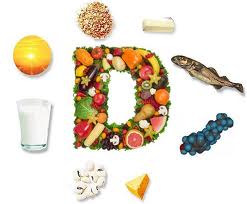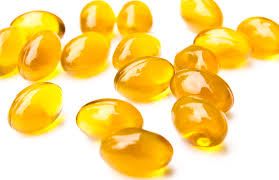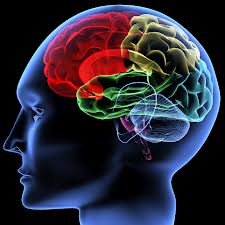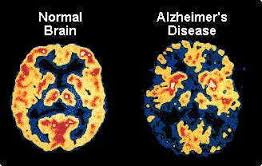And what does vitamin D do for you when it’s bound to your DNA? The newest Journal of Immunology shows that it stops inflammation. How does this relate to sunshine? Exposure to the sun is the main source for your body’s vitamin D.
It is thought the opinion, from much modern advice to avoid the sun at all costs. However, making the recommendation to cover up and stay out of the sunshine is about the worst advice you could ever take. The trick is, you need to have enough vitamin D to activate the process. And this is where modern advice could be failing you.
Studies now say vitamin D lowers the risk of cancer in post-menopausal women by as much as 77%.
That also makes vitamin D possibly the most important nutrient we know of, especially for women.
Living in Queensland does have it’s advantages.

Current national guidelines suggest that you should get a minimum of only 600 IU a day. But look what happens when you only get that small amount.
In various more studies some conditions that affect women:
* More than half of people with osteoporosis-related fractured had low vitamin D.
* 63% of people with Crohn’s disease still had low vitamin D even though 40% of them were taking a supplement!
* An incredible 96% of people who had heart attacks were vitamin D deficient.
The problem is, almost everyone is deficient in vitamin D. I’m not exaggerating. One study looked at 1,600 people and found 89% of them had low vitamin D. I could go on and on.
Many people do their best to get in the sun and take supplements. But often their levels of vitamin D are still too low.
So the next time you go in for a physical, ask your doctor to check your level of vitamin D.
It’s a simple, inexpensive test that provides valuable information.
It is suggested you aim for a minimum of 2,000 IU of vitamin D a day. If you get 
your level tested and it’s low, research suggests between 5,000 and 10,000 IU a day from a variety of sources until you’re levels are back up.. Studies show as little as 10 minutes in the midday sun produces 10,000 units of vitamin D. You feel instantly better.
Eating fish a few times a week will give you a lot of vitamin D, too. You might want to stick with the smaller, cold-water fish like sardines to avoid the mercury in some of the larger fish. A tablespoon of cod liver oil gives you more than 1,300 IU of vitamin D. But even that can be tough to take.
I suggest the D3 form – the bioactive kind of vitamin D. But don’t rely on your multivitamin to give you all the vitamin D you need, even if it does have D3. It’s a good start, but most still only have around 400 IU.
Here’s to good health and spending a little time in the sun this weekend!
Judy
![]()






